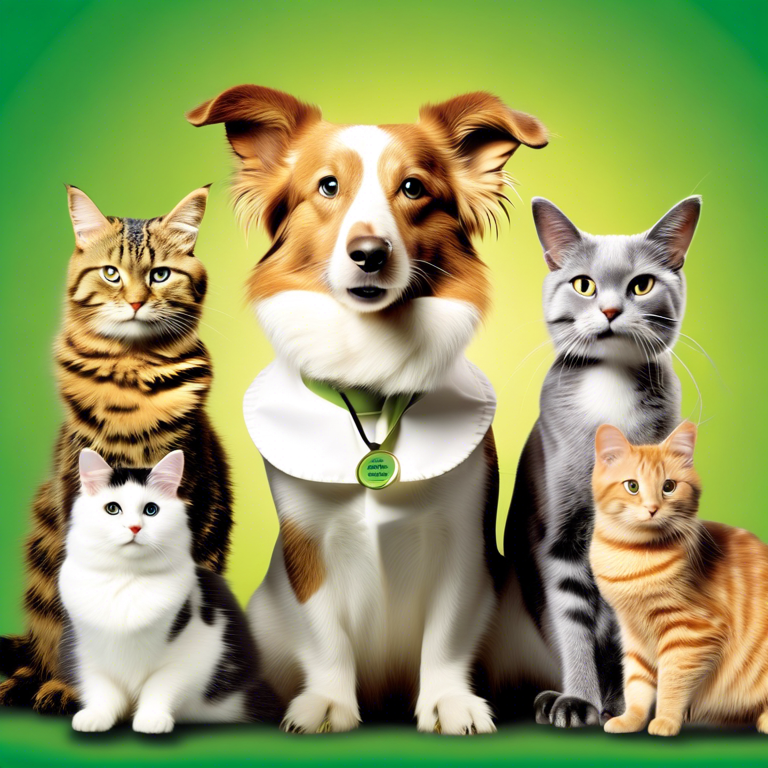In the rapidly evolving landscape where pet wellness intersects with economic considerations, the concept of “Dog Eco” stands out as a significant factor impacting market prices. This article delves into the intricate relationship between the ecological aspects of pet ownership and their economic implications, offering insights into how this dynamic affects the marketplace.

Exploring the Concept of Dog Eco
Dog Eco refers to the environmental and ecological considerations of owning and caring for dogs, an aspect of pet ownership that has gained increasing attention in recent years. From eco-friendly pet products to sustainable pet care practices, the shift towards a more environmentally conscious approach has significant implications for the pet industry and, subsequently, on market prices. This trend is driven by consumer demand for products and services that not only benefit their pets but also minimize environmental impact.
Manufacturers and service providers have responded to this demand by developing eco-friendly options ranging from biodegradable waste bags to organic pet foods, and even sustainable pet accessories. These offerings often come at a premium, reflecting the higher costs associated with eco-conscious production methods. The result is a noticeable impact on market prices within the pet care sector, as eco-friendly alternatives are frequently priced higher than their conventional counterparts.
The Economics of Eco-Friendly Pet Ownership
The economic implications of adopting eco-friendly pet care practices extend beyond the direct costs of products and services. There is a downstream effect on the pet industry as a whole, influencing everything from product development to marketing strategies. In offering eco-friendly options, businesses can tap into a growing market segment that prioritizes sustainability, potentially driving up sales and, by extension, impacting market prices.
However, the transition towards eco-conscious pet ownership also presents economic challenges. The initial investment in sustainable products and practices can be significant for both businesses and consumers. For companies, the investment in research and development of eco-friendly products can be substantial. For consumers, the higher price point of these goods and services may impact purchasing decisions, especially in markets sensitive to price fluctuations.
Market Price Dynamics in the Era of Dog Eco
The intersection of ecological concerns and the pet economy undoubtedly affects market prices. As consumer preferences continue to evolve towards sustainability, businesses in the pet sector are adapting their offerings to meet this demand. This adaptation often leads to varied pricing strategies, with many eco-friendly products and services commanding a higher price owing to their perceived value and the costs associated with sustainable production.
Furthermore, the rise of “Dog Eco” has stimulated competition among businesses to innovate and offer unique, environmentally friendly solutions. This competition can drive technological advancements and efficiencies that might eventually help in reducing costs and making eco-friendly pet products more accessible to a wider audience.
In conclusion, the integration of ecological considerations into pet ownership—the “Dog Eco” movement—presents a fascinating nexus of environmental stewardship and economic impact. As the market responds to these evolving consumer preferences, the implications for pricing are profound, signaling a transformative phase in the pet economy. As eco-friendly practices become more mainstream, they hold the potential to reshape market dynamics, making sustainability an integral part of the pet industry’s future.

